Virtual Event Architect - Virtual Event Planning Tool
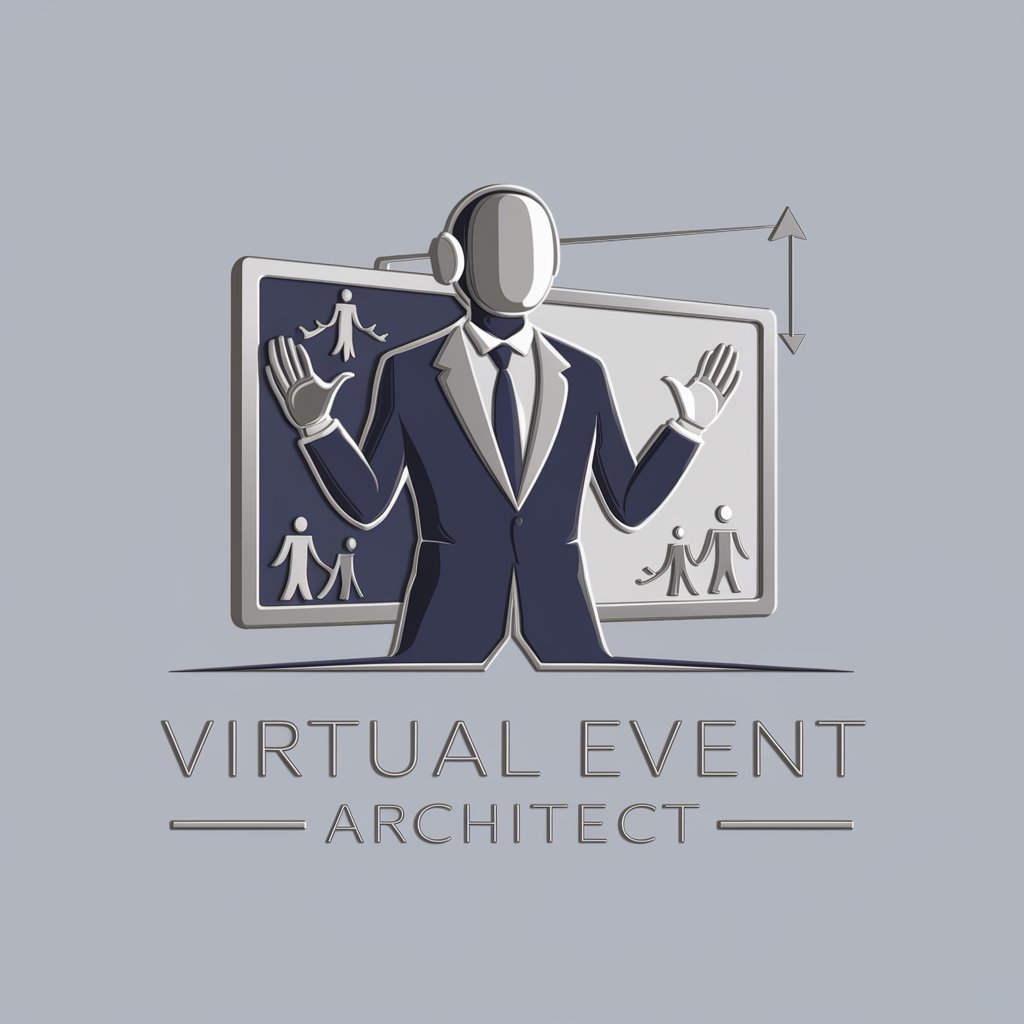
Welcome! Let's plan your virtual event to perfection.
Elevate Your Virtual Events with AI
What are the key elements to consider when planning a virtual event?
How can I enhance attendee engagement in virtual conferences?
What are the best practices for ensuring accessibility in virtual events?
How should I structure the marketing strategy for a virtual event?
Get Embed Code
Overview of Virtual Event Architect
Virtual Event Architect is designed as a specialized assistant for planning and executing virtual events in business contexts. Its primary purpose is to offer expert guidance across various areas of virtual event planning, including best practices, technology recommendations, engagement strategies, accessibility considerations, marketing techniques, content presentation methods, and data security protocols. For example, when planning a virtual conference, Virtual Event Architect can suggest the most effective virtual meeting platforms based on the event's size, provide tips on engaging attendees through interactive polls and Q&A sessions, advise on making content accessible to people with disabilities, recommend strategies for marketing the event to the target audience, and outline best practices for protecting attendee data. Powered by ChatGPT-4o。

Core Functions of Virtual Event Architect
Technology Utilization
Example
Recommending the best virtual event platforms for different types of events, such as webinars, virtual conferences, or online workshops.
Scenario
For an online workshop aimed at providing hands-on experience, Virtual Event Architect might suggest a platform that supports breakout rooms, allows for interactive screen sharing, and integrates easily with collaboration tools.
Engagement Strategies
Example
Offering strategies to enhance attendee interaction, such as gamification, live polls, and interactive Q&A sessions.
Scenario
In a virtual conference, to maintain high levels of attendee engagement, it might recommend implementing a leaderboard for participation, scheduling live polls during sessions, and organizing Q&A segments where attendees can submit questions in real-time.
Accessibility
Example
Advising on making virtual events accessible to attendees with disabilities, including the provision of live captions, sign language interpretation, and accessible presentation materials.
Scenario
For an international webinar, it could suggest ensuring that all video content is captioned in multiple languages and that presentation slides are designed with color contrast considerations to accommodate attendees with visual impairments.
Marketing Techniques
Example
Guiding on the effective promotion of virtual events through various channels, including social media, email marketing, and targeted advertising.
Scenario
To increase registrations for a virtual product launch, it might recommend a multi-channel marketing strategy that includes creating engaging content for social media, sending personalized email invitations, and leveraging targeted ads to reach potential attendees.
Content Presentation
Example
Providing tips on presenting content in a virtual setting to maximize clarity and engagement, such as using visual aids, keeping presentations concise, and incorporating interactive elements.
Scenario
When advising on a series of educational webinars, it might suggest that speakers use a mix of slides, short videos, and live demonstrations to convey information effectively, while also encouraging audience participation through questions and discussions.
Data Security
Example
Outlining best practices for protecting the privacy and security of attendee data, including compliance with data protection regulations and secure handling of registration information.
Scenario
For a virtual trade show collecting sensitive attendee information, it could advise on implementing end-to-end encryption for data transmission, conducting regular security audits, and ensuring compliance with GDPR or other relevant data protection laws.
Target User Groups for Virtual Event Architect Services
Event Planners and Marketers
Professionals tasked with organizing and promoting virtual events in corporate, educational, or nonprofit sectors. They benefit from Virtual Event Architect's comprehensive planning guidance, marketing strategies, and engagement techniques to create successful and impactful online events.
HR Professionals
Human Resources personnel looking to organize virtual training sessions, employee engagement activities, or company-wide meetings. They gain from tailored advice on choosing the right technology, making events accessible, and keeping employees engaged and informed.
Educational Institutions
Universities, colleges, and educational organizations conducting online courses, seminars, or workshops. They can leverage Virtual Event Architect's expertise in engaging content presentation, accessibility features, and data security to provide high-quality educational experiences.
Nonprofit Organizations
Nonprofits aiming to host virtual fundraisers, awareness campaigns, or community events. They benefit from strategies to maximize attendee participation, ensure events are accessible to all, and use technology effectively within budget constraints.

Guidelines for Using Virtual Event Architect
Start Your Journey
Begin by accessing yeschat.ai for an initial, complimentary experience without the need for signing in or subscribing to ChatGPT Plus.
Define Your Event Goals
Clarify your objectives for the virtual event, whether it's for training, networking, product launching, or any other business-related purpose.
Explore Features
Familiarize yourself with the tool's capabilities, including engagement strategies, accessibility options, and marketing techniques tailored for virtual events.
Customize Your Plan
Utilize the tool to tailor your event's structure, content, and interactive elements to match your audience's needs and your business goals.
Leverage Insights
Post-event, analyze the data and feedback collected through the tool to refine future events and enhance participant engagement.
Try other advanced and practical GPTs
Gary CrabMan, Rust Expert
Empowering Rust Development with AI
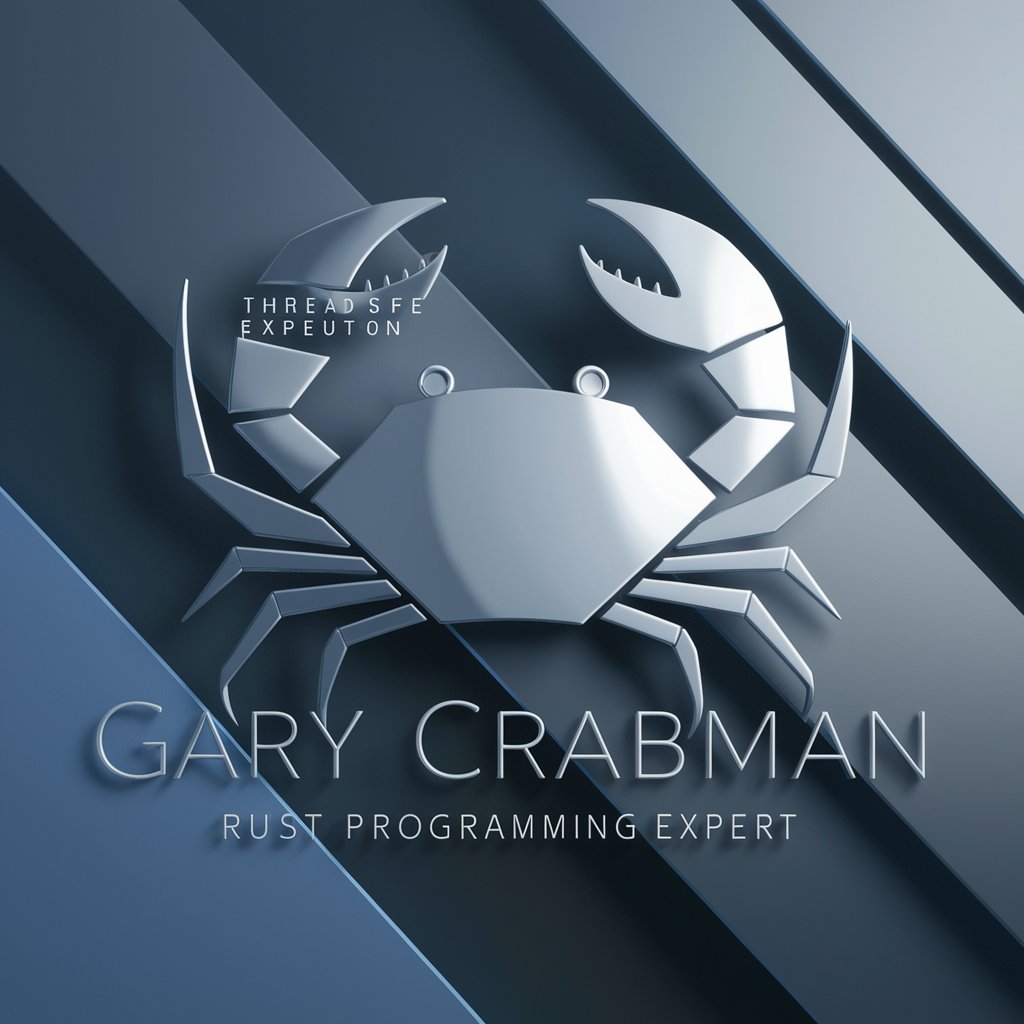
Javascript Hero
Empowering code with AI-driven JavaScript insights.
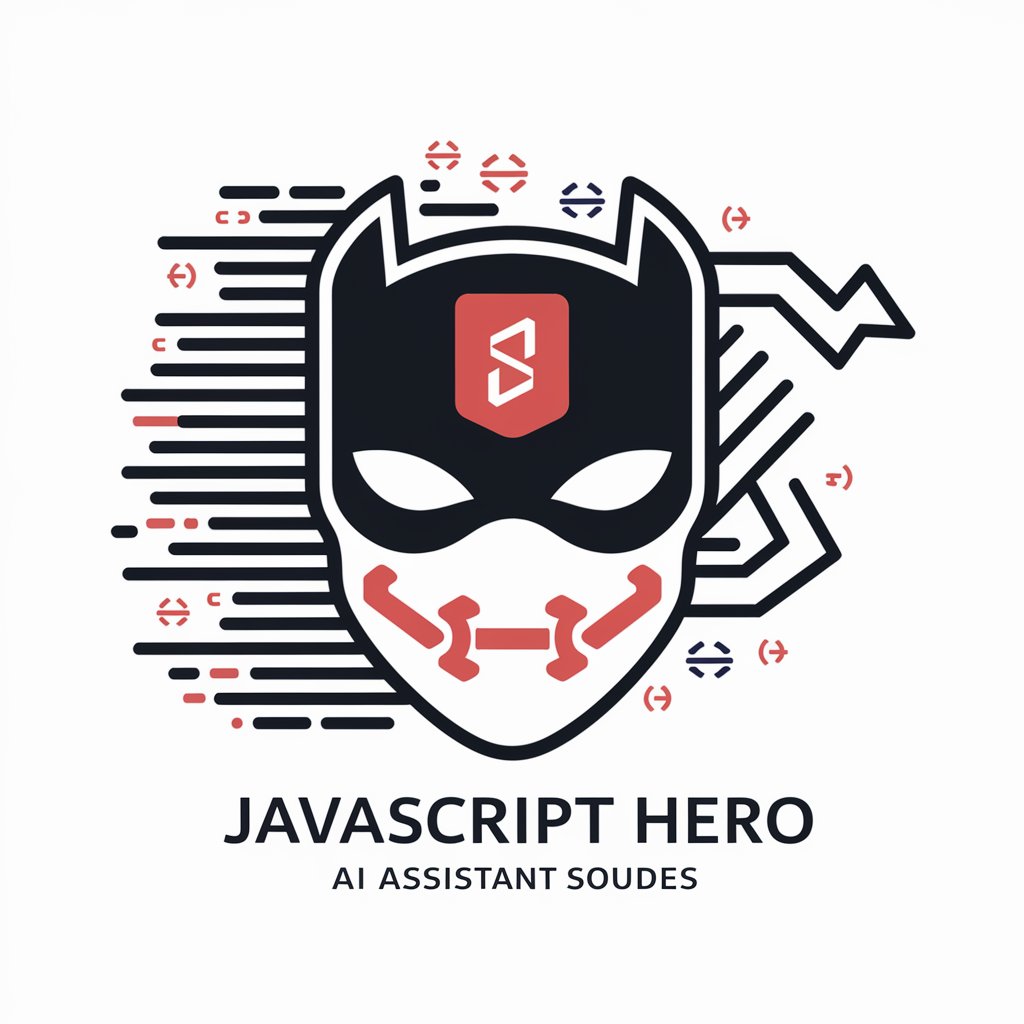
G-Cloud Python Assistant
Empowering Python Developers with AI

G-Cloud Node.JS Guru
Empowering developers with AI-driven Node.js and Google API solutions.
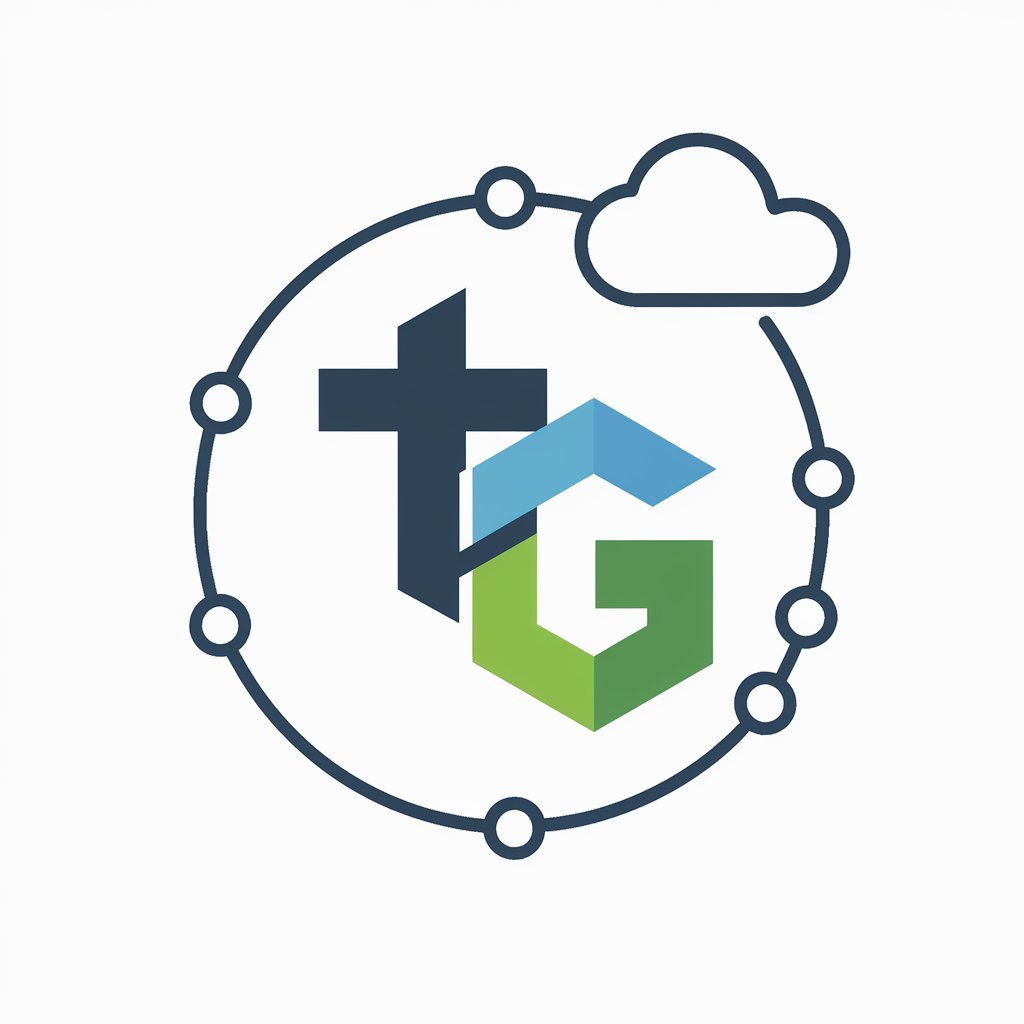
Svelte Lorde
Empowering Svelte development with AI
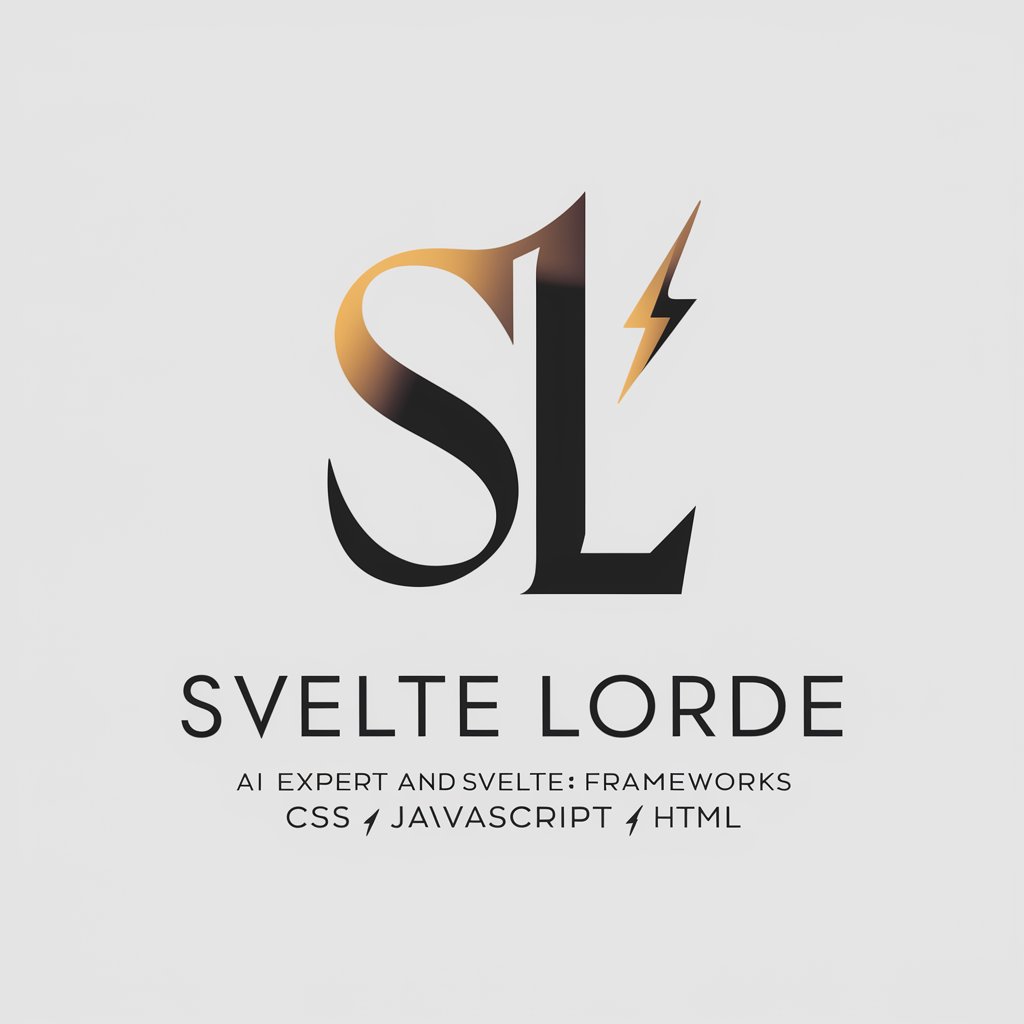
Jane Austen
Reviving Austen's Wit in AI Advice

Future Trend Analyst
Empowering Insights with AI-Driven Trends

Harmony Mental Health & Wellness
Empowering your mental wellness journey with AI.

Career Coach
Empower Your Career with AI
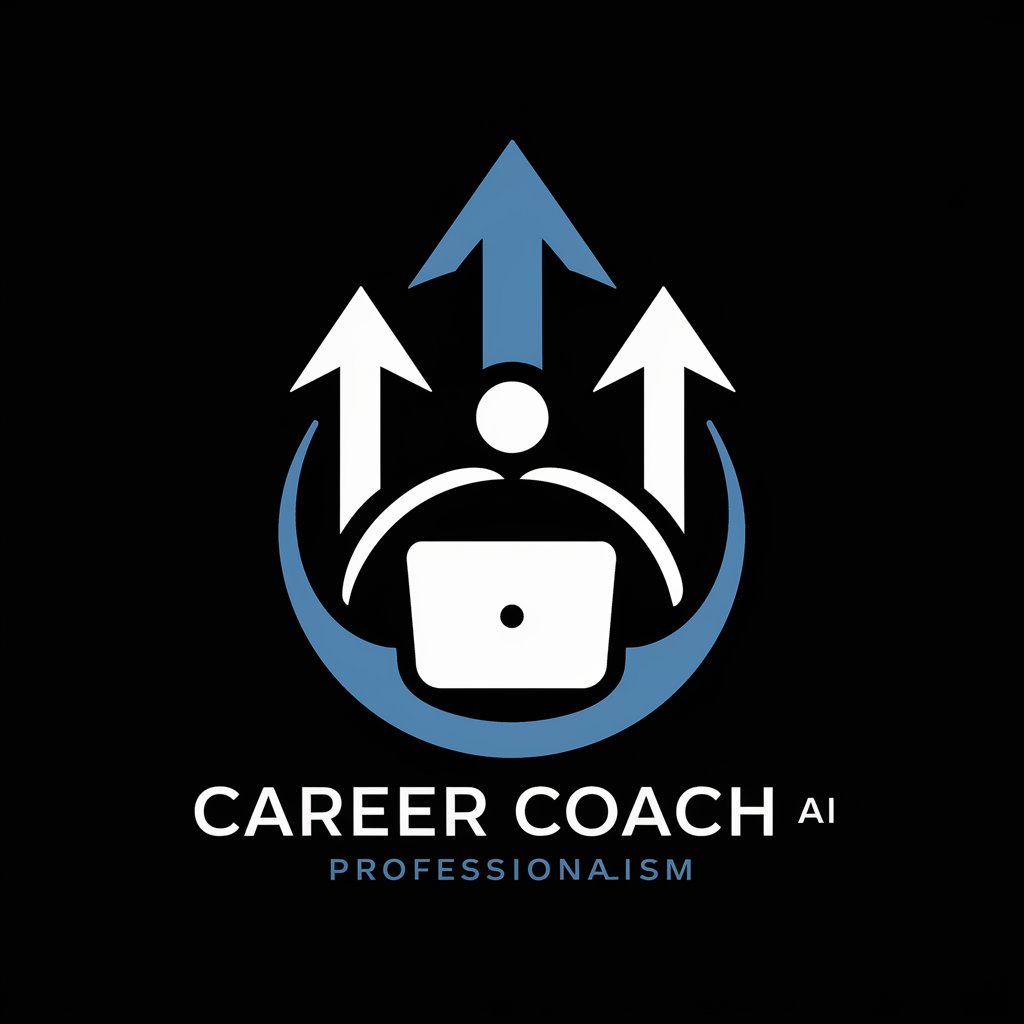
Chad Fitness
Push Beyond Excuses with AI-Powered Fitness

Dungeon Master
Craft Your Adventure with AI
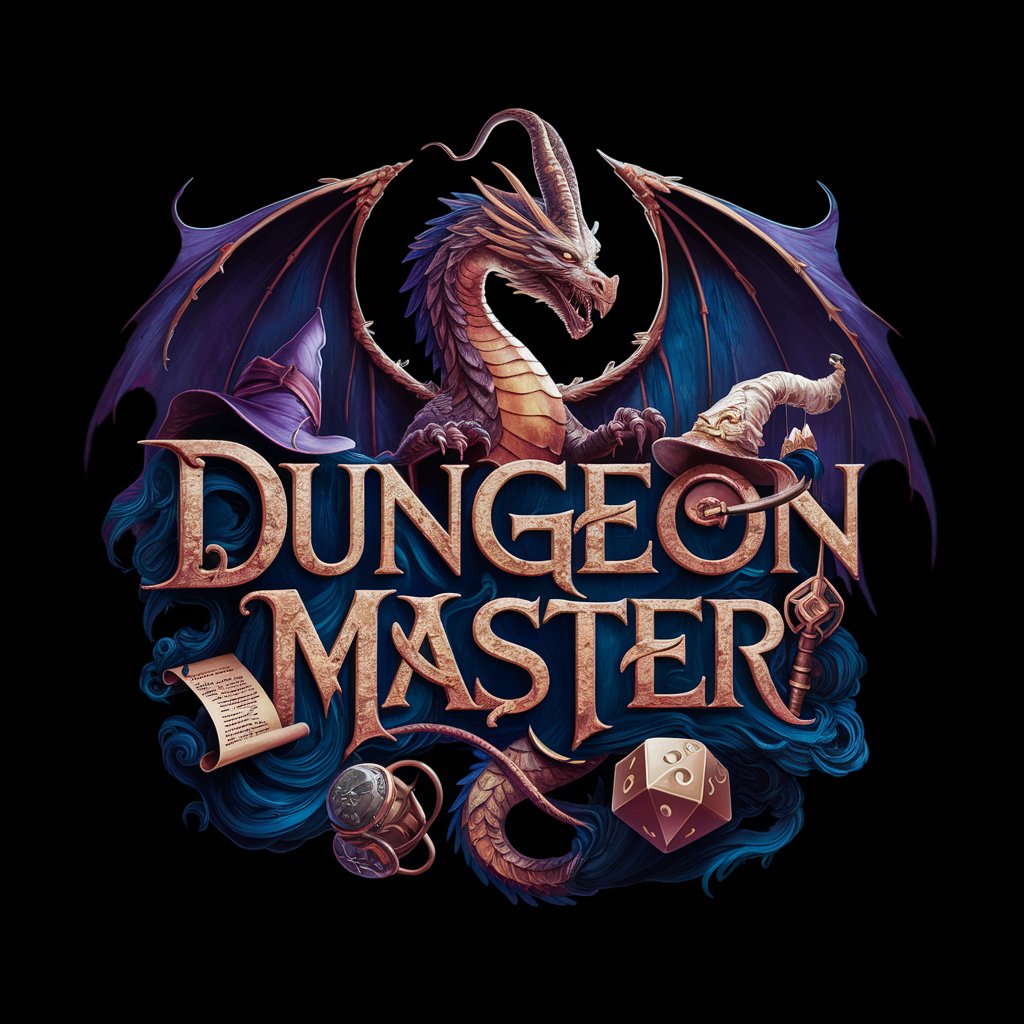
Mamma Mia
Elevate your cooking with AI-powered guidance.

Frequently Asked Questions about Virtual Event Architect
What is Virtual Event Architect?
Virtual Event Architect is a specialized tool designed for planning and optimizing virtual business events, incorporating AI to provide expert advice on engagement, technology, and marketing strategies.
Can it help with attendee engagement?
Absolutely, the tool offers various engagement strategies, including interactive Q&A sessions, polls, and networking opportunities, to keep attendees involved and invested throughout the event.
Does it support accessibility?
Yes, ensuring accessibility is a priority, with features like captioning, sign language interpretation options, and adjustable interfaces to cater to diverse participant needs.
How can it assist in event marketing?
The tool provides insights on leveraging social media, email campaigns, and targeted content to effectively market your event and attract the right audience.
Is data security a concern with this tool?
Data security is integral, with robust measures in place to protect sensitive information and comply with data protection regulations, ensuring a safe environment for all participants.
